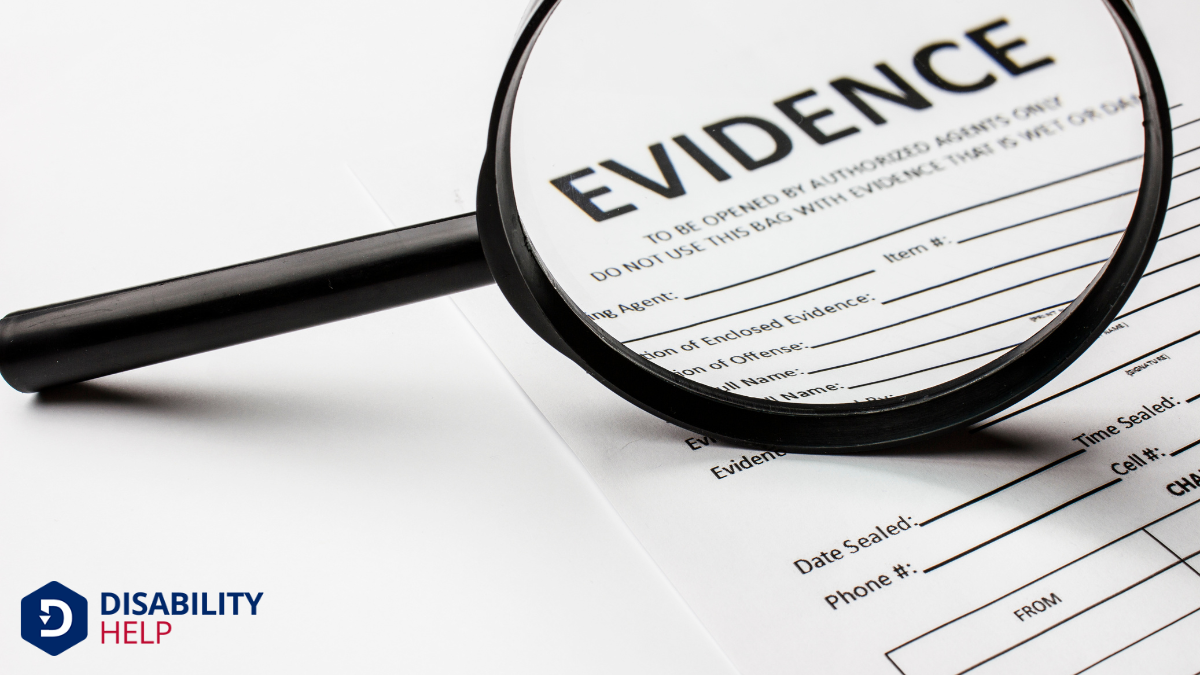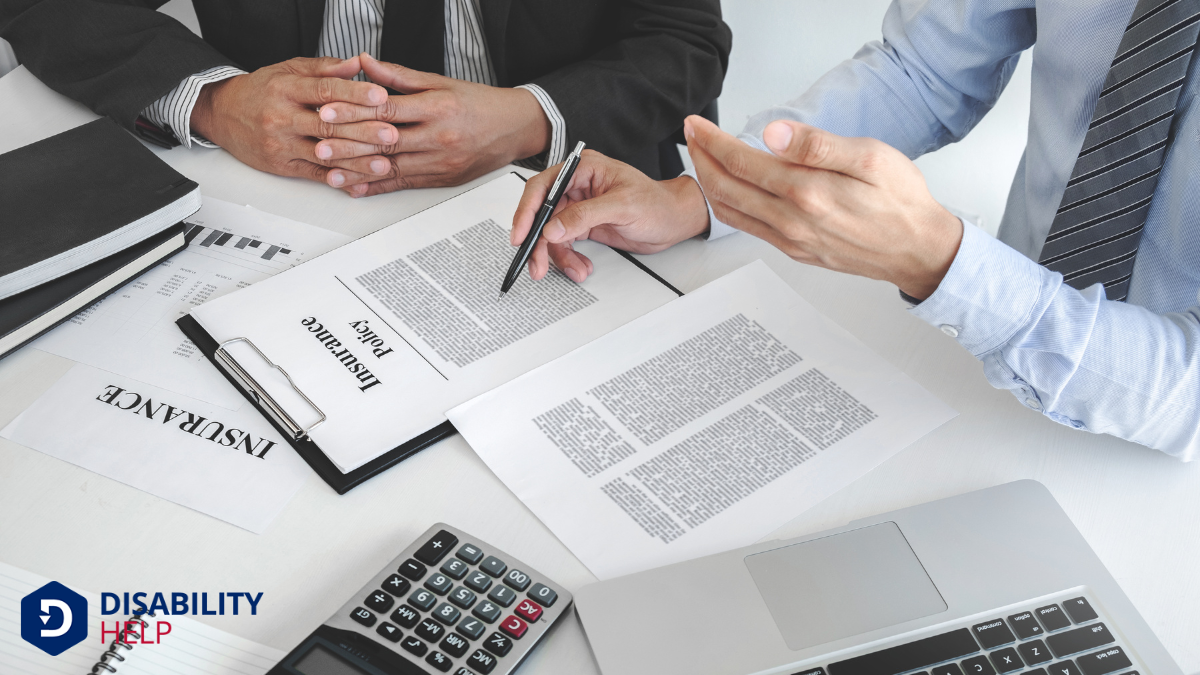Winning a personal injury claim requires us to be both strategic and meticulous. We need to prove negligenceA legal concept where a party fails to exercise reasonable care, resulting in harm to another person... and establish liability, while diligently gathering evidence to support our case. It's essential we document our injuries and medical treatments thoroughly. Communicating effectively with insurance companies and negotiating assertively can make a significant difference. Let's explore the steps to strengthening our case and maximizing our chances for a favorable outcome.
Key Takeaways
- Collect comprehensive evidence, including photos, witness statements, and medical records, to support your personal injury claim.
- Document all injuries and medical treatments meticulously with reports, bills, and a pain journal to demonstrate impact.
- Communicate effectively with insurance companies using organized documentation and assertive negotiation tactics.
- Collaborate closely with your attorney for strategic preparation and familiarize yourself with court procedures.
- Maintain patience and persistence throughout the legal process to achieve a favorable settlement.
Understanding the Basics of Personal Injury Claims
When we commence understanding personal injury claims, it’s essential to grasp the foundational elements that make up these cases. We’re talking about negligence, liability, and damages.
Negligence occurs when someone fails to act with reasonable care, leading to an accident. We must identify who’s liable or legally responsible for the harm caused. This involves proving that the responsible party’s actions directly resulted in our injuries.
Finally, damages refer to the compensation we seek for losses like medical expenses, lost wages, and pain and suffering.
Knowing these components helps us navigate the complex world of personal injury claims. By understanding the basics, we empower ourselves to make informed decisions, ensuring we pursue rightful compensation for our injuries and hardships.
Gathering and Preserving Evidence

Understanding the basics of personal injury claims equips us with the knowledge needed to pursue rightful compensation.
Now, we need to focus on gathering and preserving evidence, which is essential for building a strong case. We should start by documenting the accident scene with photographs or videos. Capture any visible damages, road conditions, and weather. Collect contact information from witnesses and record their statements promptly. It's imperative to secure any surveillance footage before it gets erased.
Let's also maintain a record of any correspondence related to the incident, such as emails or letters. Keep all receipts and invoices linked to the accident, like repair bills or out-of-pocket expenses.
Preserving this evidence helps substantiate our claims, ensuring we've the best chance of success.
Documenting Your Injuries and Medical Treatment
Properly documenting our injuries and medical treatment is essential for strengthening a personal injury claim. Let's make sure we keep thorough records.
Start by saving all medical reports, prescriptions, and bills. These documents provide a clear picture of the extent of our injuries and the care we've received.
It's vital to photograph injuries as soon as possible after the incident and continue documenting any visible changes. We should also maintain a pain journal, noting how injuries affect our daily lives and activities.
Consistently attending follow-up appointments shows that we're committed to our recovery. When we communicate with healthcare providers, let's be honest and detailed about symptoms. This way, we create a detailed account that supports our claim effectively.
Calculating Your Damages Accurately
Evaluating damages accurately is essential to guarantee we receive fair compensation for our injuries.
First, let's list all medical expenses, including hospital visits, medications, and ongoing treatments. We shouldn't forget to include lost wages if our injury kept us from working. It's also important to account for future costs, such as long-term rehabilitationThe process of helping individuals with disabilities achieve and maintain their optimal physical, se... or therapy.
Additionally, we must consider non-economic damages like pain and suffering. These are more subjective but still significant in determining the full extent of our losses.
Let's gather evidence, like personal statements or expert testimonies, to support these claims.
Finally, keeping detailed records and receipts will strengthen our case. By thoroughly evaluating our damages, we're better equipped to argue for the compensation we deserve.
Communicating Effectively With Insurance Companies

When we communicate with insurance companies, clear documentation is vital to guarantee our claims are taken seriously.
We need to master negotiation tactics to advocate effectively for our rights and maximize our compensation.
Let's explore how these strategies can strengthen our case and enhance our chances of success.
Clear Documentation Importance
Clear documentation serves as the cornerstone for effective communication with insurance companies during a personal injury claim.
When we guarantee our records are thorough and precise, we establish credibility and make it easier for insurers to understand our situation.
Let’s consider the essential components of clear documentation:
- Medical Records: Keep copies of all medical evaluations, treatments, and prescriptions to provide a complete picture of our injuries and recovery process.
- Accident Reports: Gather police reports, witness statements, and any other evidence that illustrates the circumstances of the incident.
- Financial Records: Document all expenses related to the injury, such as medical bills and lost wages, to substantiate our claim.
Negotiation Tactics Mastery
With a solid foundation of clear documentation, we can now focus on mastering negotiation tactics to effectively communicate with insurance companies.
First, let’s guarantee we’re prepared. We’ll review our documentation thoroughly so we can confidently discuss every detail.
When we contact the insurance adjuster, we should remain calm and professional, presenting facts clearly and concisely. It’s vital to listen carefully, allowing us to understand their perspective and address any concerns they may have.
We should be assertive yet reasonable, knowing our claim’s true value and standingThe legal right to bring a lawsuit, which requires that the individual bringing the suit has a direc... firm. If they offer a low settlement, we can counter with a detailed explanation of our demands.
Negotiating a Fair Settlement
When we negotiate a fair settlement, understanding the true value of our claim is essential.
We need to communicate effectively and use clear tactics to convey our position confidently.
Let's explore how to handle discussions with insurance adjusters to reach the best possible outcome.
Understanding Settlement Value
Determining the settlement value of a personal injury claim requires a blend of careful analysis and strategic negotiation.
We must first assess the tangible costs of our injuries—medical expenses, lost wages, and other direct financial losses.
Next, consider the intangible impacts, like pain and suffering, which can greatly affect the settlement's worth.
Finally, it's crucial to understand the opposing party's perspective and potential willingness to settle.
- Medical Expenses: Total the costs for all treatments and future care needed.
- Lost Wages: Calculate the income lost during recovery and any future earning capacity affected.
- Pain and Suffering: Evaluate emotional distress and physical discomfort endured.
Effective Communication Tactics
Negotiating a fair settlement hinges on employing effective communication tactics that guarantee our perspective is clearly understood.
We must articulate our position with clarity and confidence, ensuring our needs and concerns are front and center. Listening actively to the other party's point of view strengthens our ability to respond thoughtfully and maintain constructive dialogue.
Let's be mindful of our tone, staying calm and respectful throughout the process. It's essential to express our points logically, using facts and evidence to support our claims.
When we ask questions, they should be open-ended, encouraging detailed responses that can provide valuable insights. By preparing thoroughly and staying adaptable, we enhance our chances of reaching an agreement that truly reflects our interests.
Negotiating With Insurance Adjusters
Facing insurance adjusters can be intimidating, but understanding their role and strategies can greatly boost our negotiation success. They aim to minimize payouts, so it's essential we approach discussions armed with knowledge and confidence.
First, let's gather all relevant documentation, such as medical records and repair estimates. This shows we're prepared and knowledgeable about our claim's worth.
- Stay calm and courteous: It’s important to maintain professionalism, even if negotiations become tense.
- Know our claim's value: Research similar cases to understand the fair compensation range.
- Be patient and persistent: Adjusters might delay, hoping we'll settle for less. Persistence can pay off.
Preparing for Court if Necessary
When a personal injury claim doesn't settle outside of court, preparing for a courtroom battle becomes vital. We must gather all necessary documents, such as medical records, witness statements, and evidence of financial losses, to build a strong case.
It’s important to review our case details and understand the legal arguments we’ll present. Collaborating closely with our attorney guarantees we’re ready to face the opposing party’s strategies.
We should also familiarize ourselves with courtroom procedures to ease any anxieties. Practice our testimony with our lawyer to communicate clearly and confidently.
Let’s remember that patience and persistence are key; the process may be lengthy, but staying organized and prepared will bolster our chances of success when we finally present our case in court.
Conclusion
In summary, let's stay focused and determined as we navigate the personal injury claim process. We'll gather and preserve strong evidence, document our injuries meticulously, and calculate damages accurately. It's essential to communicate clearly and assertively with insurance companies, ensuring we’re well-prepared for negotiations. By collaborating closely with our attorney and practicing our testimony, we’ll enhance our chances of securing a fair settlement. Patience and persistence will ultimately lead us to a successful outcome.






